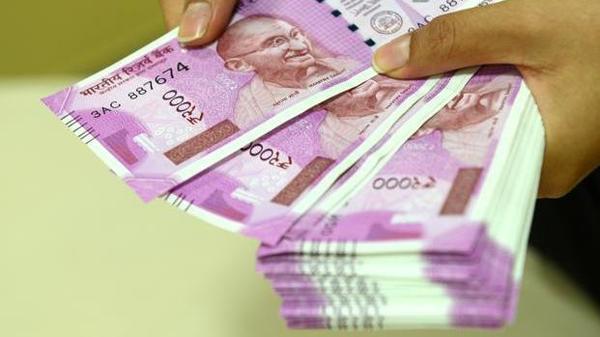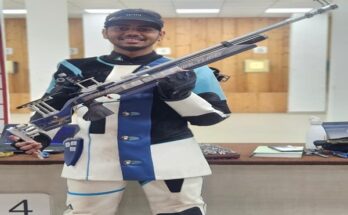
Team News Riveting
Focussing on the risk of coronavirus spreading from paper currency and other objects, a research by Australia’s top biosecurity laboratory had highlighted that the virus may remain infectious for weeks on banknotes, glass and other common surfaces.
Scientists at the Australian Centre for Disease Preparedness showed SARS-CoV-2 is “extremely robust,” surviving for 28 days on smooth surfaces such as glass found on mobile phone screens and plastic banknotes at room temperature, or 20 degrees Celsius (68 degrees Fahrenheit). That compares with 17 days survival for the flu virus.
According to the study published in Virology Journal, the virus survival declined to less than a day at 40 degrees Celsius on some surfaces.
The findings add to evidence that the Covid-19-causing coronavirus survives for longer in cooler weather, making it potentially harder to control in winter than summer. The research also helps to more accurately predict and mitigate the pandemic’s spread, the researchers said.
The coronavirus tended to survive longer on nonporous or smooth surfaces, compared with porous complex surfaces, such as cotton. The study was also carried out in the dark, to remove the effect of ultraviolet light, as research has demonstrated direct sunlight can rapidly inactivate the virus.



